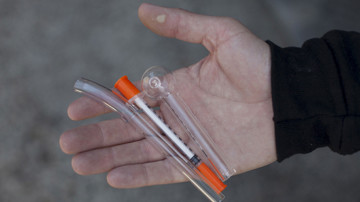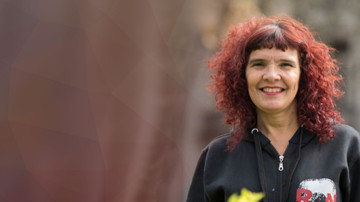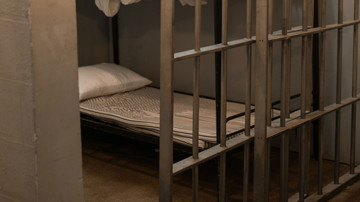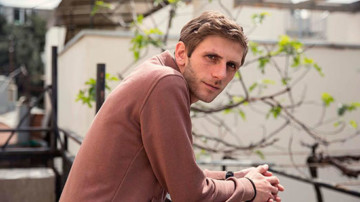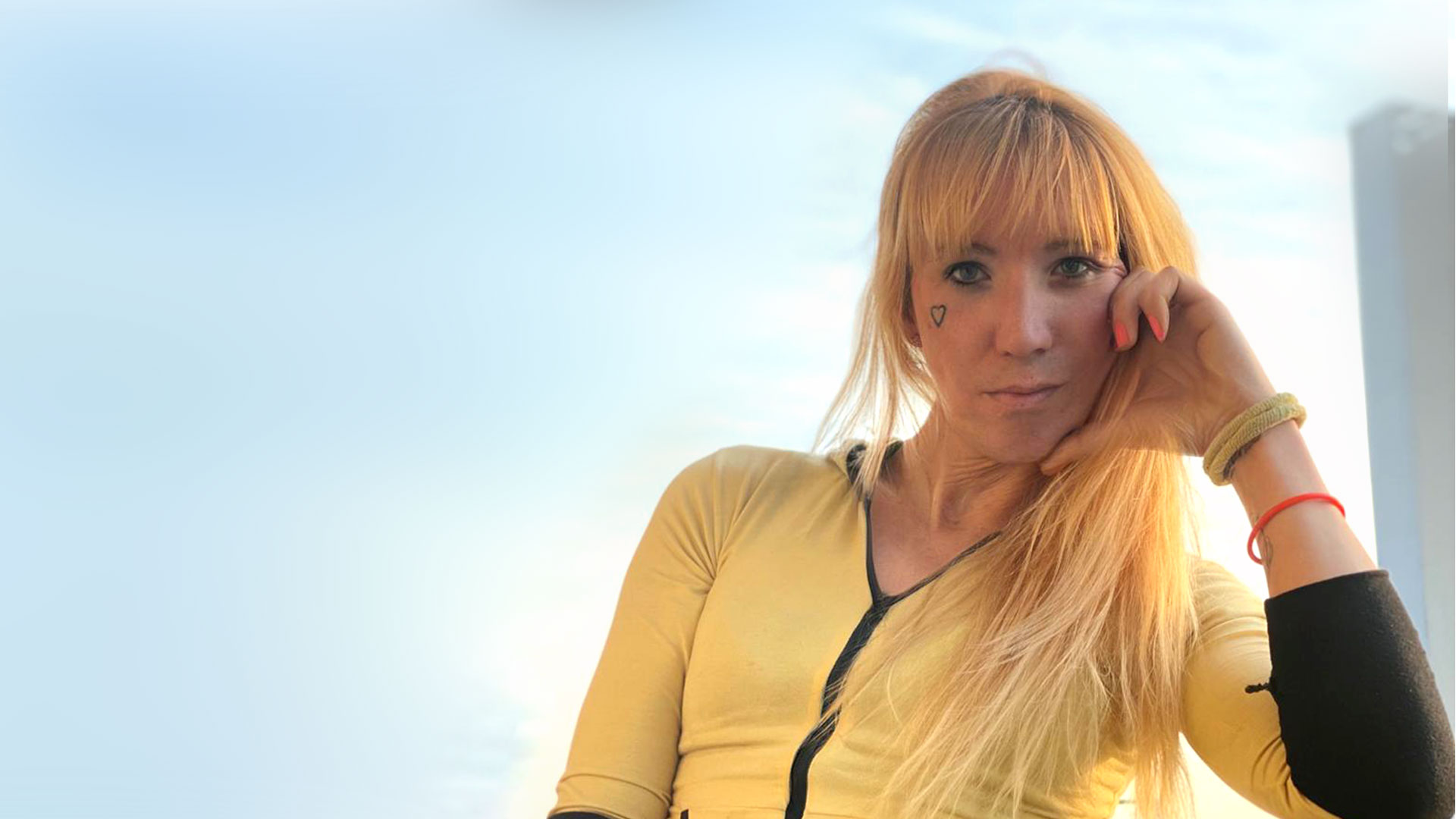
My name is Rubí and I am a trans woman born and raised in the city of La Plata, capital of the Province of Buenos Aires.
My story is not very different from that of many fellow ‘travestis’ and trans women who, after living through countless situations of sexist violence in our homes, have chosen to flee.
At the age of 13, I decided to leave home and leave school. The school was another institution that not only failed to shelter me, but also perpetuated the violence I suffered in other areas of my daily life, did not encourage respect for my gender identity, and did not know how to deal with the intimidation and harassment that my classmates were exercising towards me.
In this way the school, through its heteronormative approach, perpetuated discrimination and pushed me to make the decision to drop out of school.
In complete solitude, with all my rights violated, in a totally unfavourable socio-economic context, in the midst of the 2001 crisis and at only 13 years of age, I got to know the ‘red zone’.
It was in this space where, like many ‘travestis’ and trans women, I found the only viable place to socialise, create links and connect with the ‘world’.
But that world is also hostile and clandestine. And it offers a path that, as I travelled it, exposed me to excesses, helplessness and lack of protection, addictions, diseases, police violence and, as a final destination, imprisonment.
Friday, 13 July 2018, was not just another day; rather, it was not just another night. I had come from several nights of very little income working as a street sex worker, accumulating debts, and not generating enough income to be able to eat and pay the rent.
I was working in the ‘red light district’ in front of one of the faculties of the National University of La Plata and suddenly, shouting policemen shoved me against the wall. They started to search every part of my body and everything I had in my wallet.
They took from me only a wrapper with 2.3 grams of paracetamol, a medicine that is sold in any kiosk and that, taking advantage of its similar appearance, I had crushed to simulate that I had cocaine, to be able to make some money that night. They also pointed out a wrapper that was far away from me and planted it on me. I was detained in a police station for 62 days.
At the beginning, I was very confused, I felt lonely, anxious, and very scared because the men in the cell in front of me kept shouting at me and harassing me.
As the days went by, a fellow activist and personal friend came to visit me. My mother, who I hadn’t seen for years, also started to visit. If I can take anything positive from all this, it was the reconnection with my family.
During those days, my friend was the one who was in charge of informing me about legal matters, as neither the police nor the court would inform me of anything.
Then I was transferred to the detention centre of Petinatto, where I stayed for 25 days. It was only there that I received official notification that I had been remanded in custody. Two or three days later I was transferred to Unit 32 of the Florencio Varela detention centre.
I was charged with ‘possession of narcotics for the purpose of commercialisation’, a crime that carries a sentence of four to fifteen years in prison and which cannot be changed to a noncustodial sentence. This already suggested that I was going to spend a long time in prison.
What I remember most about prison was that the time passed more quickly than in the police station and in the provisional detention centre, probably because I had more contact with other incarcerated people in the same situation and because of the activities we had in the cellblock.
The worst thing was when we had health issues. I have dentition issues and there wasn’t a dentist at the detention centre. Accessing medical consultations required cumbersome paperwork and, even when you managed to be seen, the person doing the check-up wasn’t always a doctor or a specialist. On more than one occasion I was seen by other incarcerated people, who ‘prescribed’ ibuprofen.
After eleven months of being there, I was granted the benefit of house arrest. Now I am waiting for the oral trial, which is in November this year.
I refused several times to sign an abbreviated trial, a way to close my trial and probably with a sentence close to four years but which condemns me.
I don’t want to have a criminal record because I know it will be a problem when I find another job.
I am innocent and I want to prove it to everyone.
Photo: Rubí
Rubí’s story was compiled with support from RESET – Políticas de Drogas y Derechos Humanos. This story has been translated from Spanish and edited for clarity.
More stories from Argentina
More stories about Proportionality & Criminal Justice

